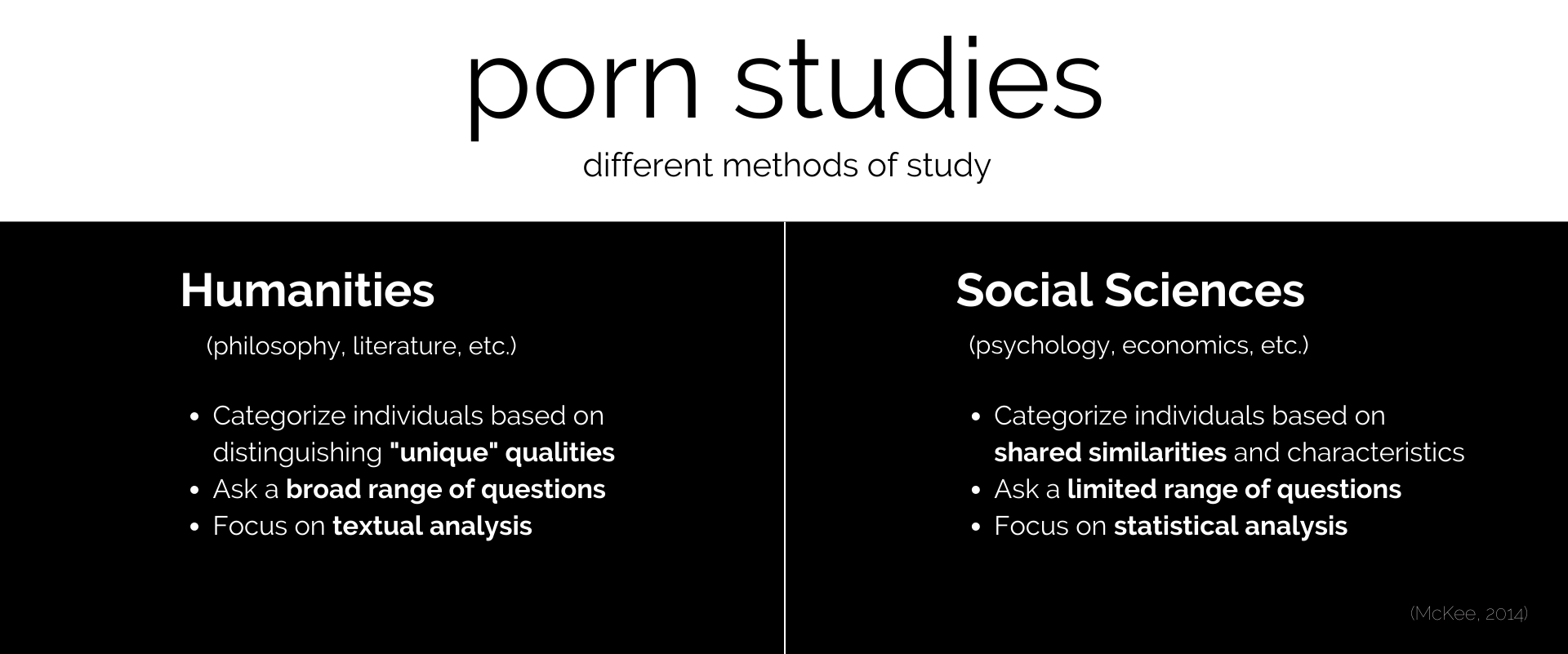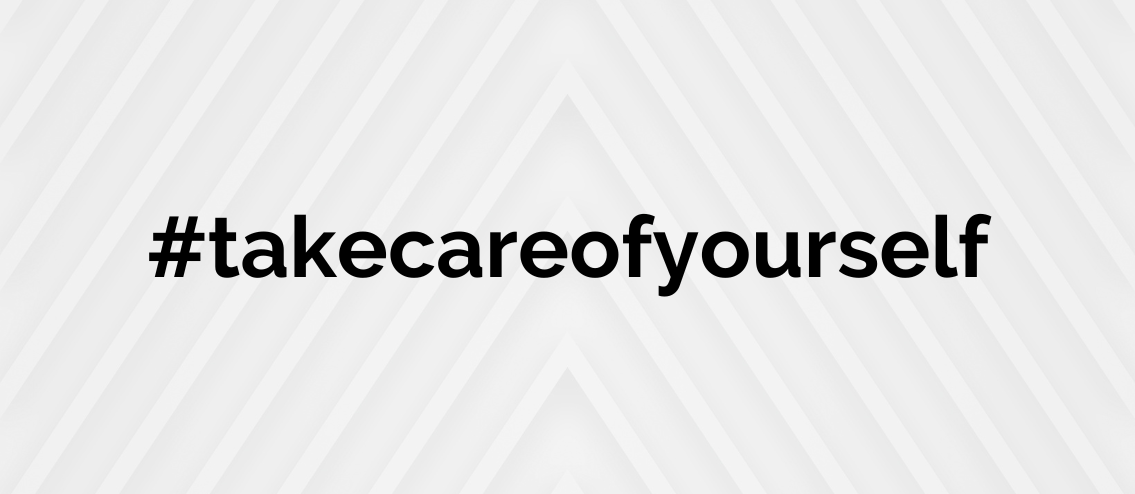Module 4 of the Sex Positive Professional Certification Program, offered through the Center for Positive Sexuality, discussed the complex structures, potential influences, and compositional elements of our own, varying, individual sexualities. The course continues to inspire thought and space for ample reflection as we consider a holistic embrace of positive sexuality, in its many possible forms and expressions.
Debunking Identity Associations and Assumptions Demonstrated in Modern Media
I was recently watching a reality television show (a fantastic way to practice highlighting some of the implied narratives so commonly intertwined in our culture and media). In the show, a guy snogged another girl behind his girlfriend’s back. To console the hysterical girlfriend, some of her friends offered the false assurance of “he’s just a guy – guys are always horny!”
Let’s practice calling out and debunking some of the false narratives implied in this statement.
Myth #1: Guys are always horny.
Outside of a few exceptions, most statements that include the term “always” turn out to be false. We are all varied and unique human beings with varied and unique desires and drives toward sex. So many different parts of our natures and identities influence our sex drive – our gender, our sex, our perceived safety and environment, our culture, our financial comfort level, our age, and the list goes on! This grossly overly simplified statement creates a ludicrous expectation for male-identified humans to constantly feel the desire for sex. If a male-identified person does not feel as high of a sex drive as they perceive they “should”, as dictated by society and media culture, this can leave a gap. Those gaps between perceived expectation and authentic experience and expression are often where feelings of self-doubt, shame, and anxiety develop and fester.
Myth #2: Because guys are always horny, they can’t control their sexual behavior/actions and should be held less accountable for them (given their overwhelming sex drive).
In the lens of positive sexuality, we are all accountable and responsible for clear communication among all parties of boundaries and desires in our fully consensual speech and actions. No matter our sex or gender, if we have too much anger and struggle as a person with rage issues, it would not be acceptable behavior to walk around shouting at everyone or getting into fights at every available opportunity. We would likely need to find ways to cope and process through those feelings that does not inflict harm onto others. The same is true here. If we have a high sex drive, it is our duty and responsibility to communicate effectively with our partner(s) and approach and honor our sexuality and sexual partners with respect and full consent in any situation.
Myth #3: Because you’re not a guy, you should excuse this behavior (once again, he’s a guy – he can’t help it).
This one’s a double – it’s based on the categorical assumptions of Myth #1 (see above: guys are always horny), as well as the horrific labeling that to be not a guy – in this case, to be a female woman – is to be forgiving and kind, tolerant and patient, placing others needs and desires ahead of our own to the unbalanced point of self-deterioration. The anti-feminist undertones that imply that this behavior should somehow be excused, if we want to retain our “feminine” status, are inexcusable. In our practice of positive sexuality, we cultivate wellbeing and happiness by insisting that all parties be heard, honored, and respected in their consent, interest(s), awareness, communication(s), and boundaries/limits.
Letting Go of Attachments
With regards to debunking myths as directly or indirectly implied in culture and media influence, embracing a positive sexuality practice involves a lot of reflection, communication, and open-mindedness. It may involve flipping learned concepts on their head, or finding out that they do not apply to us as individuals. It may also mean unlearning a lot of our own cultural and social conditioning towards those we interact with and our views of the world.
Head over to my living portfolio, Learning to Fly with Tangled Wings, to check out this month’s post on the non-accumulation of possessions through the lens of our relationships, thoughts, ideas, emotions, and attachments to associations or concepts.
Happy Pride, y’all! Celebrate who you are!



